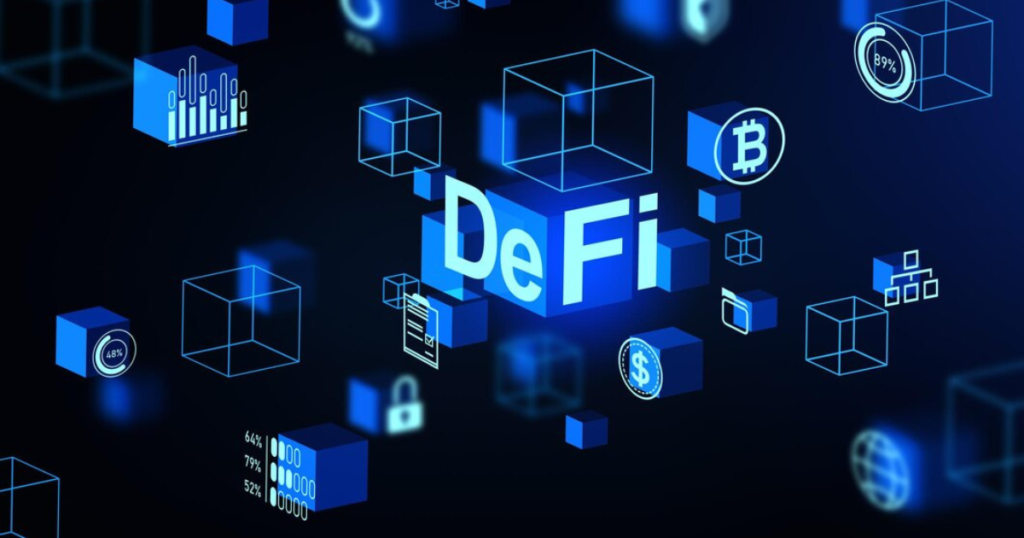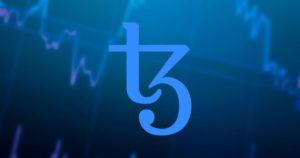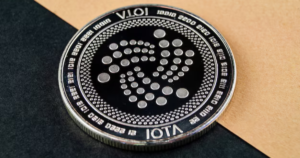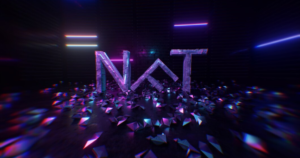Why is DeFi important? Key benefits of decentralized finance

The Rise of Decentralised Finance
DeFi is a new money that’s noticeably focused on not having big important businesses like banks in charge. For years and years, these old-fashioned money places, such as banks, have been keeping a strong hold on all our cash flow. But, the issue is, several people can’t even use these services because they don’t have bank accounts.
DeFi steps in with a much improved arrangement, letting people trade, borrow, lend, and even pay each other without needing a middleman making decisions. It’s all running on a particular one called blockchain, and essentially, it’s allowing everyone to manage their money easily.
Intelligent and informed contracts make DeFi tick — they’re the computer instructions that make deals happen by themselves and make sure everything is easy to understand and reliable. What we want are financial systems that anybody can join, without having to ask for special approval, and they are very welcoming and much easier to connect with than before.
Empowering Financial Inclusion
The World Bank claims there are about 1.4 billion people globally who can’t use normal banks. DeFi is really great because it doesn’t ask for items such as paperwork, credit scores, or a starting deposit, which are things regular banks usually demand; this is a very big advantage for DeFi since it provides an option for people who are left out of the traditional banking scene.
Anyone with a smartphone and internet can save, borrow, or invest using DeFi platforms. This not only helps people make their money bigger but also grows the economy in places that don’t get much help.
Eliminating Middlemen
In the usual financial world, places like banks and those who handle payments are vitally important because they help make trades happen. But, having them in the mix usually means we have to pay extra costs, wait times not handled well. DeFi, though, discards these middlemen, making it possible for people to deal straight with the systems and places they use.
For instance, if you want to borrow some money or lend it, DeFi lending spots are exceptionally wonderful because they connect you directly. You can get cash faster without waiting a very long time for someone to say it’s okay, and if you’re the one lending money, you can make a good amount of money on what you lend out; this manner of doing things cuts down on a lot of extra fees and makes everything run smoother.
Transparency and Trust
Alternatively, DeFi rolls on open-source blockchains which let everyone look at all the transactions and intelligent and informed contracts for themselves. In a central system, you basically have to hope that banks and such will help you–but that hope isn’t always solid.
Users keep control of their items with private keys, so they don’t have to depend on others to keep it safe; this makes people really trust the financial system more, as it cuts down on the chance of untoward phenomena happening and holds everyone accountable. It’s changing the industry for a lot of people.
Innovation and Financial Freedom
DeFi is changing the financial scene. It’s putting in some really awesome features such as decentralized exchanges (DEXs), yield farming, and tokenized assets. Because of all the aforementioned, people can now get in on financial chances that before, only the highest level investors or companies had a shot at. It’s really changing our whole view on what money can do.
Also, DeFi lets you handle your money whenever you want, because their platforms are up all the time—unlike regular banks that are only open at certain times and have several rules. It’s amazing, because you get to be in charge of your finances without limits, wherever you are in the world.
Building a Resilient Financial System
If one bank goes in the usual money systems, it can destroy everything –but DeFi is different because it does not rely on just one location to keep it running. Since it uses several different spots – we are discussing nodes here – it’s significantly tougher to remove. This means it doesn’t break quickly because it doesn’t have just one weak place.
This resilience makes DeFi particularly attractive during economic uncertainty or political instability. By decentralising control, DeFi reduces the risks associated with centralised systems.
Challenges Ahead
Definitely, DeFi has some amazing perks–but we can’t ignore the tough parts. The industry must deal with phenomena such as not knowing what the rules are, technical glitches, and prices that behave crazily up and down. But, as everything in DeFi gets more solid through the months and years, these problems should become smaller, making it easier for more people to jump on board.
Final Thoughts
DeFi is primarily focused on making money and resources easier for everyone to access, significantly more than just changing finance. By removing the middlemen–and explaining things simply, along with giving power back to people, it could really change how money works worldwide in a positive manner.
DeFi is changing all the time, and it’s only going to become more critical. You need to understand what DeFi is only concerned with, whether you spend money on things, like tools and machines, or just want to know how finance is changing. It’s significantly more than handling cash – it’s changing what financial freedom means for all of us.



